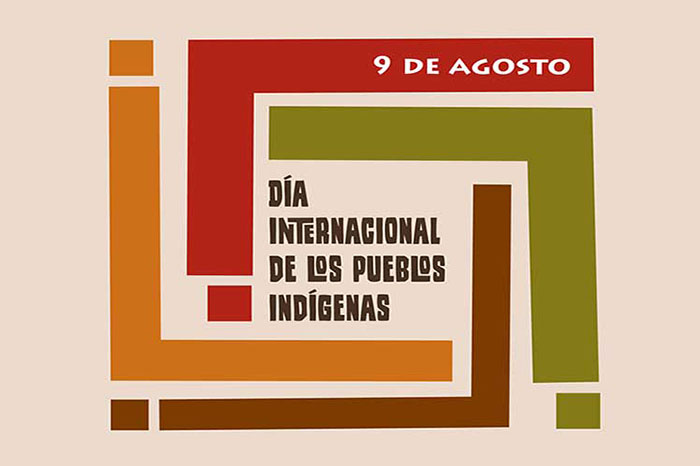BY
“The United Nations stands ready to support all initiatives aimed at realizing the rights and aspirations of Indigenous peoples.”
— UN Secretary-General António Guterres
UN Assistant Secretary-General, Amina Mohammed, stressed on Friday, August 9, the importance of providing multilingual education to indigenous communities so that they can preserve their native languages.
Many of these languages are in danger of disappearing and inclusive education has a fundamental role to play in preserving them, Mohammed said at a special event on the subject at the United Nations Economic and Social Council.
This is an opportunity to recognize the diversity and wealth of knowledge that these communities possess and to highlight their contributions to humanity, she said.
But today, she noted, nearly half of the world’s estimated 6,700 languages are in danger of disappearing, and most of them belong to indigenous peoples.
There are an estimated 370 million Indigenous people in the world, living across 90 countries. They make up less than 5 percent of the world’s population but account for 15 percent of the poorest. They speak an overwhelming majority of the world’s estimated 7,000 languages and represent 5,000 different cultures.
Indigenous peoples are inheritors and practitioners of unique cultures and ways of relating to people and the environment. They have retained social, cultural, economic and political characteristics that are distinct from those of the dominant societies in which they live. Despite their cultural differences, Indigenous peoples from around the world share common problems related to the protection of their rights as distinct peoples.
Indigenous peoples have sought recognition of their identities, their way of life and their right to traditional lands, territories and natural resources for years, yet throughout history, their rights have always been violated. Indigenous peoples today, are arguably among the most disadvantaged and vulnerable groups of people in the world. The international community now recognizes that special measures are required to protect their rights and maintain their distinct cultures and way of life.
In order to raise awareness of the needs of these population groups, every August 9 commemorates the International Day of the World’s Indigenous Peoples, chosen in recognition of the first meeting of the held in Geneva in 1982.
This year’s observance is dedicated to in view of 2019 being marked as the

United Nations
The large majority of the languages in danger are spoken by Indigenous peoples. It is estimated that every 2 weeks, an Indigenous language disappears, placing at risk the respective indigenous cultures and knowledge systems. That is why, on this International Day, the goal is to draw attention to the critical loss of Indigenous languages and the urgent need to preserve, revitalize and promote them at both national and international levels.
Languages play a crucially important role in the daily lives of all peoples, are pivotal in the areas of human rights protection, peace building, and sustainable development, through ensuring cultural diversity and intercultural dialogue. However, despite their immense value, languages around the world continue to disappear at an alarming rate due to a variety of factors. Many of them are Indigenous languages.
Indigenous languages, in particular, are a significant factor in a wide range of other Indigenous issues, notably education, scientific and technological development, biosphere and the environment, freedom of expression, employment and social inclusion.
In response to these threats, the United Nations General Assembly (UNGA) adopted a Resolution () on “Rights of Indigenous Peoples,” proclaiming 2019 as the .
Source:
Related to SDG 10: Reduced inequalities



